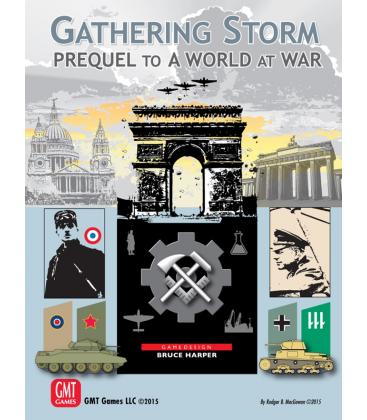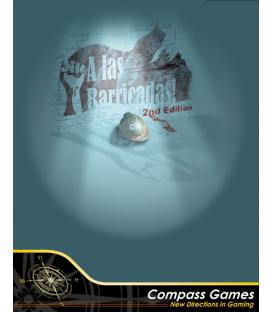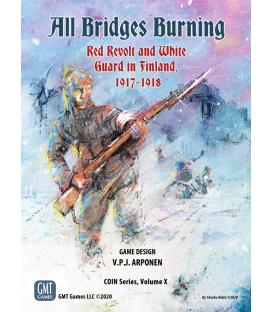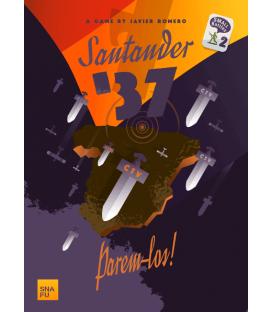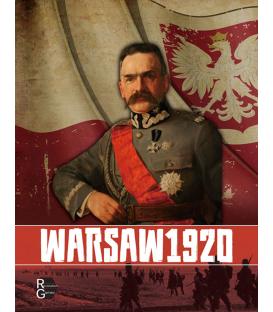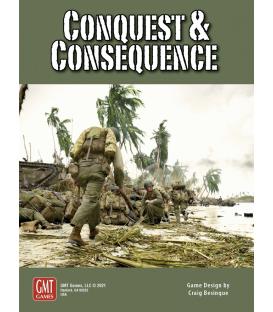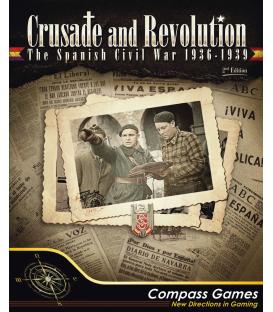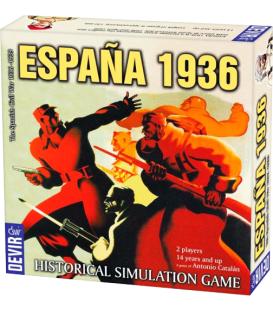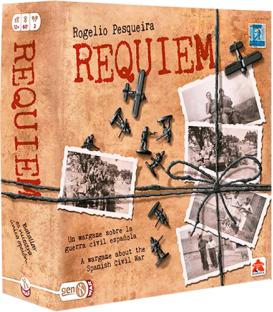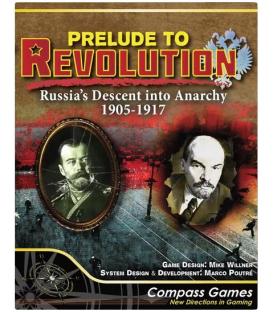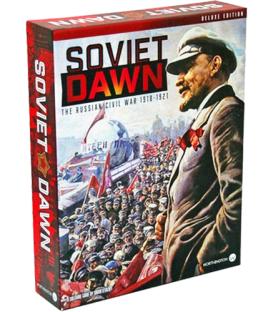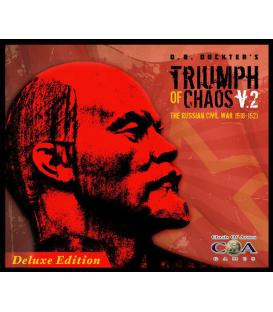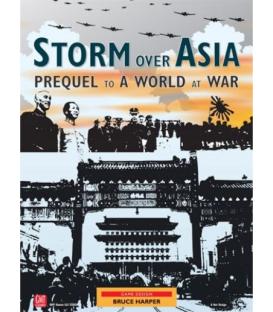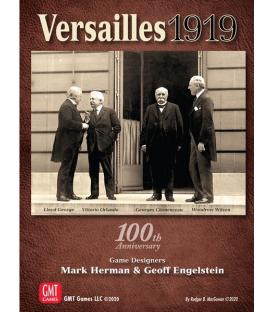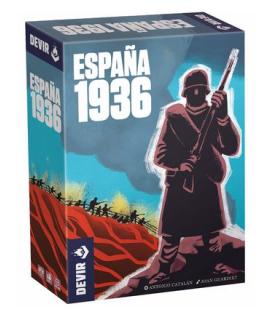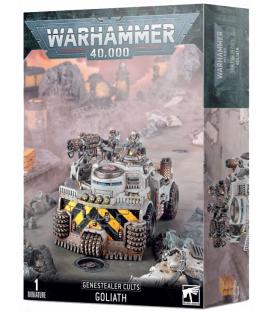Gathering Storm, both a Game in its own right and a prequel to GMT’s A World at War, covers the Period from 1935 to the outbreak of World War II, whenever that might be. Like A World at War, Gathering Storm simulates the military, economic, political, diplomatic, research and production preparations for the Second World War, allowing the players to explore what might have happened if:
- Admiral Doenitz had convinced his superiors of the importance of Submarine Warfare in the impending War with Britain.
- Germany had pursued the Z Plan earlier and more consistently.
- The development of the Ural Bomber had been pursued.
- Poland had become a German satellite, rather than resisting German aggression.
- War had broken out over the Sudetenland, or even the remilitarization of the Rhineland.
- Mussolini had given a lower priority to Naval Armaments, to the benefit of the Italian Armor and Air Forces.
- France had extended the Maginot Line.
- De Gaulle’s arguments to expand and strengthen France’s Armor Units had been accepted.
- Britain had rearmed sooner.
- Russia had deferred the Great Purges. Or accelerated them.
- The Spanish Civil War had been won by the Loyalists.
- A Civil War had broken out in Yugoslavia. Or Greece.
- Atomic fission had been discovered earlier.
- The Second World War had begun with a Franco-Italian conflict. Or a French pre-emptive attack on Germany. Or a Russo-German war, with Italy and the Western Allies neutral.
- War comes early. Or later, in 1940 or even 1941.
Gathering Storm can be played as a separate game in a single session, with its own victory conditions, but A World at War Players will want to press on and see how the War they have created plays out. While using different mechanics, Gathering Storm's structure is consistent with A World at War and allows for a seamless transition to whatever alternate war the players planned, or stumbled into. Some 30 years in development, with 3 years of design and playtesting, Gathering Storm, includes the following:
- 6 random Events each turn, providing unlimited replay value.
- Economics based on tiles and activity counters, eliminating any paperwork.
- Flexible mobilization rules, allowing Players to emphasis civilian or military production, each at the expense of the other.
- Unit construction which allows Players to activate Reserve Units for immediate benefits, at a cost of limiting future options.
- Variable research, which can focus on air, naval, military or intelligence projects, as well as short or long term gains.
- A fast-moving Diplomatic System, with each Player allocating Diplomatic Counters each turn. Diplomatic Targets are public, but the points allocated to them are not.
- Shipbuilding that allows varied Fleets, including the possibility of 5-factor Super Battleships.
- Ahistorical A World at War Counters, including Armor Units of different strengths and additional Ships.
- A dynamic Crisis System, in which the Allies can appease or oppose the Axis, with neither side necessarily being certain whether war might break out.
- No Dice.
Página del Juego en la BGG





















